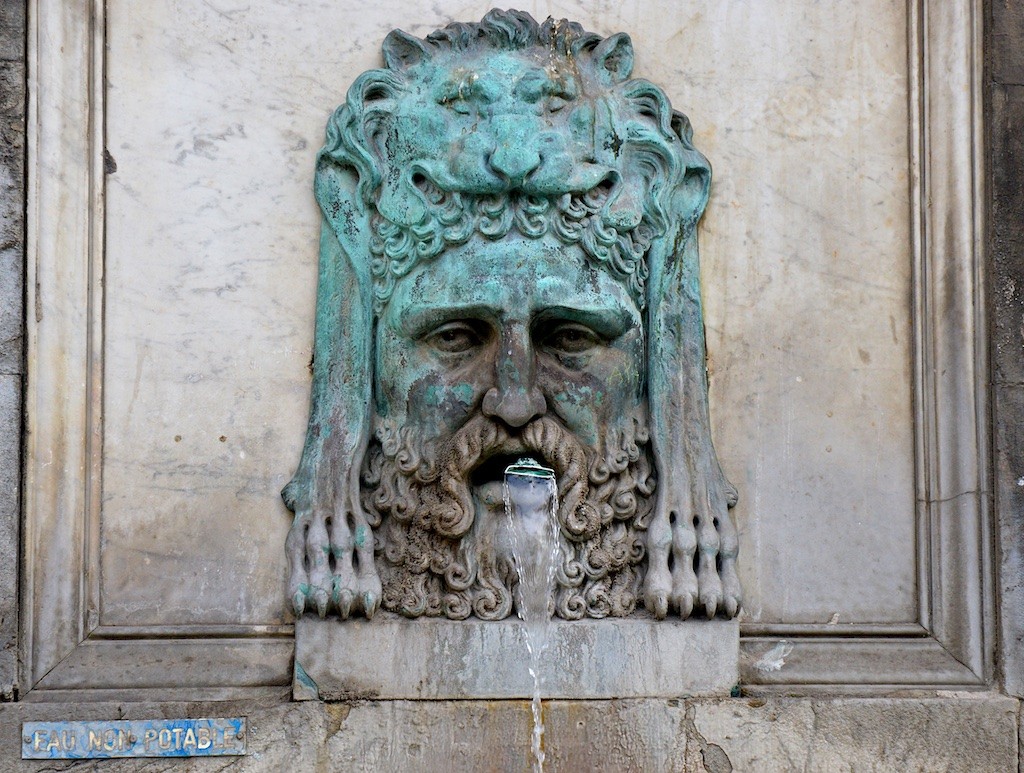NYT editorial neatly sums up the Republican candidates.
It felt at times as if the speakers were no longer living in a fact-based world where actions have consequences, programs take money and money has to come from somewhere. Where basic laws — like physics and the Constitution — constrain wishes. Where Congress and the public, allies and enemies, markets and militaries don’t just do what you want them to, just because you say they will.
Start with immigration, and the idea that any president could or should engineer the mass expulsion of 11 million unauthorized immigrants. Not one candidate said that a 21st-century trail of tears, deploying railroad cars, federal troops and police dogs on a continental scale, cannot happen and would be morally obscene. Ben Carson said, “If anybody knows how to do that, that I would be willing to listen.” They accepted the need to “control our borders” with a 2,000-mile fence. Even Senator Marco Rubio of Florida, once an immigration moderate, endorsed the fence. Mr. Carson actually suggested two fences, for double security, with a road in between. Do these people have to be sent to the Rio Grande Valley to see how ludicrous a border fence — over mountains, vast deserts, remote valleys and private property — would be? And it won’t solve the problem they are railing against, which doesn’t exist anyway. Illegal immigration has fallen essentially to zero.
On foreign affairs, there was a lot of talk about not talking with bad people. Senator Ted Cruz of Texas said his first act would be to tear up the Iran deal, throwing the nuclear race back to the ayatollahs and rupturing global alliances — but making a point! Carly Fiorina said: “What I would do, immediately, is begin rebuilding the Sixth Fleet, I would begin rebuilding the missile defense program in Poland, I would conduct regular, aggressive military exercises in the Baltic States. I’d probably send a few thousand more troops into Germany. Vladimir Putin would get the message.”
We get the message, and it’s scary.





